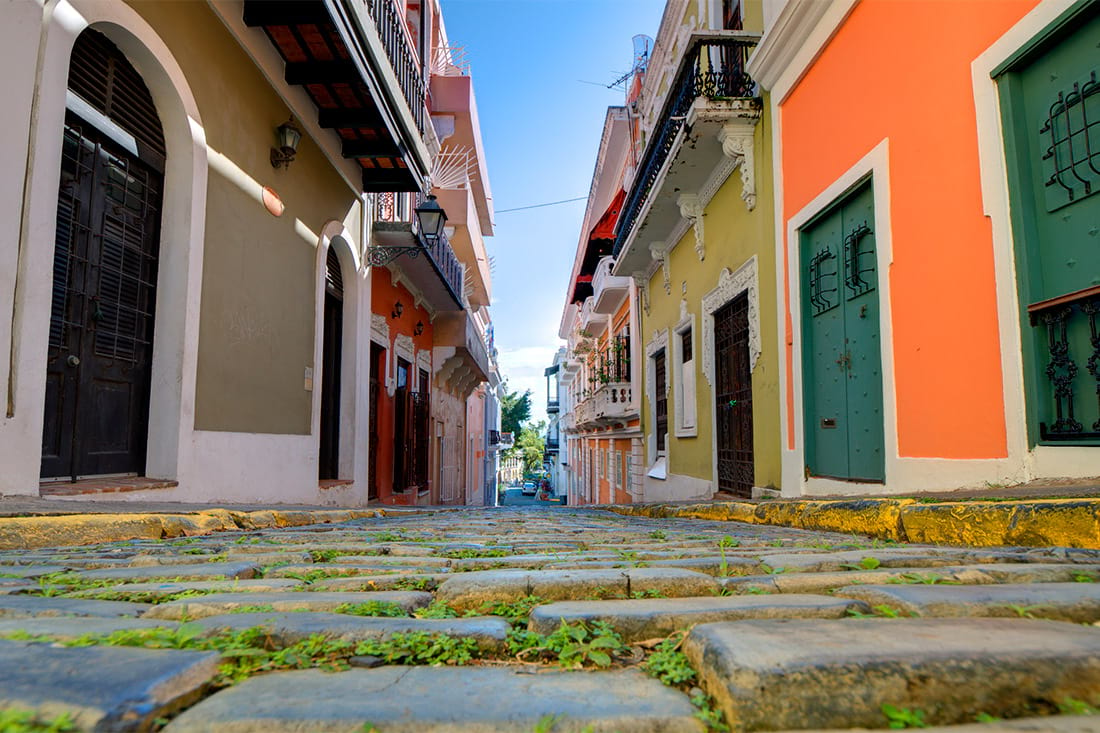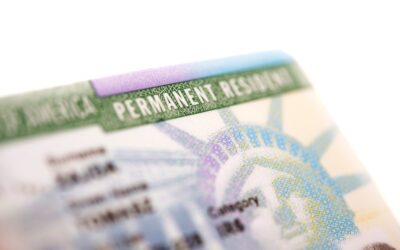Puerto Rico offers tremendous tax incentives for its residents. Of course, you would have to meet certain requirements to become a Puerto Rico resident and be eligible for those low taxes. Are the tax benefits worth moving to Puerto Rico?
This is Part Two of our Puerto Rico tax series. Read Part One here.
Puerto Rico resident vs expat
If you want to leave the United State and its tax system behind, you may not even need a passport. You could move to the island of Puerto Rico, a US territory with a separate tax system.
Or you could get that passport, become an expat and move to a sunny island somewhere else. Or to a medieval European town, bustling exotic city, mountain village, or whatever is the best fit for you.
Moving to Puerto Rico or becoming an expat somewhere else, both options have tax benefits, although there are differences.
Tax benefits for US expats in Puerto Rico
US Americans living abroad can use two unique tax breaks to mitigate expats’ US tax burden.
- Foreign Earned Income Exclusion (FEIE) allows expats to exclude about $100,000 earned income from US federal income tax,
- Foreign Tax Credit (FTC) gives a dollar for dollar credit for taxes paid in another country.
Expats have to meet certain requirements to be able to use the FEIE. Specifically, they have to meet either the Physical Presence Test or the Bona Fide Residency Test. While the first test counts the number of days spent in foreign countries vs the United States, the second test looks at the ties to the new home country. Both ways to qualify for the FEIE are valid.
While becoming a bona fide resident in another country is one way to qualify for these expat tax breaks, it’s not the only way.
Tax benefits for Puerto Rico residents
Even though Puerto Rico is a US territory, Puerto Rico residents enjoy special tax benefits. To be eligible for these tax advantages, you must become a bona fide resident of Puerto Rico.
Any income sourced in the territory is not subject to US taxes. Instead, Puerto Rico has its own tax system.
To attract investment, it enacted two tax acts to encourage investment on the island.
- Act 20 Puerto Rico Export Services Act, which introduced a 4% corporate tax rate for qualifying companies, and
- Act 22 Puerto Rico Individual Investors Act, which introduced zero tax on capital gains and passive investment income like dividends.
In 2019, the Puerto Rican government combined these laws and renamed them Act 60.
Read more about Puerto Rico taxes and how to qualify for these tax breaks in Part One of our Puerto Rico tax series.
Keep in mind that salary from Puerto Rico does not qualify for FEIE. It is taxed in PR at standard rates plus Social Security and Medicare tax.
Residency requirements (and more) to qualify for tax breaks
Both expats and Puerto Rico residents have to meet certain requirements to qualify for tax savings. However, the burden is lower for expats.
How bona fide residents of Puerto Rico qualify for tax savings
To actually get the great tax breaks, Puerto Rico residents must do more than just meeting the IRS definition of bona fide residency.
From the IRS perspective, to be a bona fide of Puerto Rico during the tax year you must:
- Meet the presence test
- Not have a tax home outside Puerto Rico, and
- Not have a closer connection to the United States or to a foreign country than to Puerto Rico.
Moving to Puerto Rico and being a bona fide resident, however, is not enough to qualify for the Act 60 savings. To benefit from zero tax on capital gains you also have to pay a one-time application fee of $750, an acceptance fee of $5,000, and make an annual $10,000 donation to a PR non-profit and annual compliance filings for $300.
To benefit from the Puerto Rico Act 60 savings, your service business must export the services to individuals and corporations outside of Puerto Rico. In addition, a business over a certain revenue threshold must have at least one Puerto Rico employee, with all benefits and taxation. (See Part One for more details.)
Furthermore, you cannot run the company from the US nor have any US office or employees. The office must be in Puerto Rico, even if it is a home office.
How Americans abroad qualify for tax breaks as bona fide residents of other countries
Expats simply qualify for the Foreign Earned Income Exclusion when they meet the Physical Presence or the Bona Fide Residency Test. There are no additional requirements imposed by their residency country.
Puerto Rico company vs offshore company
The 4% corporate tax rate defined in Puerto Rico Act 60 might be hard to beat in the United States. However, if your business is international or location independent, you have other options.
Puerto Rico company taxation
The profit of an Act 60 company is taxed at 4%, and profit taken out as a dividend is tax-free. Salary however is taxed at a regular rate and cannot be excluded under the FEIE. You still have to take a “reasonable” salary and pay your employee a reasonable salary with full benefits, all taxable in Puerto Rico. You pay Puerto Rico income tax plus Medicare and Social Security taxes. Income tax rates depend on the income level.
Now if you have a PR company without being a PR resident, you cannot benefit from the low 4% corporate tax rate. Furthermore, Puerto Rico is considered a foreign country for the new GILTI tax.
The standard US corporate tax rate of 21% applies if over 50% of the company is owned by non-bona fide residents of PR.
So if you don’t want to move to Puerto Rico, or have over 50% non-resident owners, there is no tax advantage to a PR company.
US taxation of an offshore company
As a US taxpayer abroad with the right offshore structure, you could draw a salary of about $100,000 tax-free. If you qualify for the FEIE you would pay no federal income tax and no Social Security/Medicare taxes. You would still pay tax on capital gains and dividends from the company.
Other advantages include that you have less commitment cost, i.e. no need to hire employees or donate. There is also no obligation to be in one place.
Expat or Puerto Rico Resident – Which is better?
Even though Puerto Rico offers tremendous tax incentives together with a beach lifestyle, moving to Puerto Rico is not your only option. If you want more flexibility in location, other setups offer similar, if not better tax savings. Schedule a consultation to find the best option for you.





